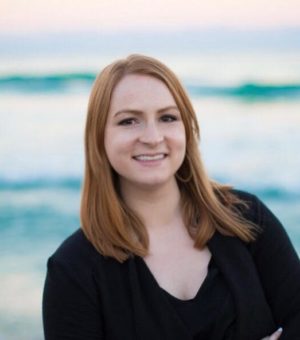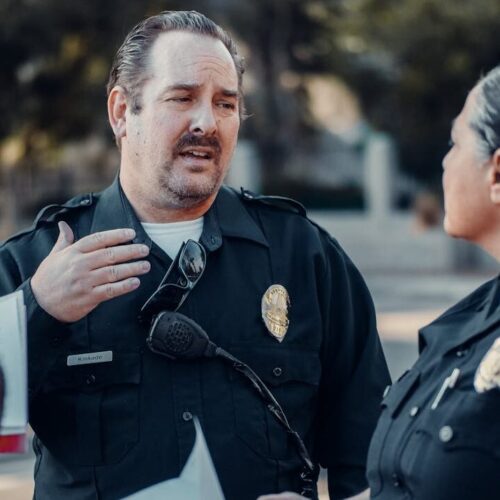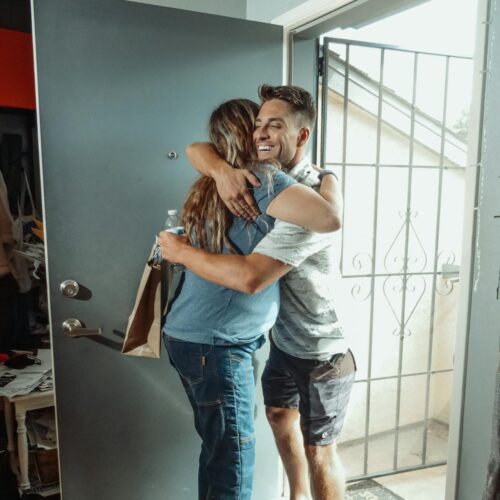
Biden Administration Transitions to New 988 Suicide and Crisis Lifeline to Help People in Mental Health Crisis
In a major step towards improving our nation’s response to people experiencing mental health crises, on July 16, the Substance Abuse and Mental Health Services Administration (SAMHSA) transitioned to the new, national 988 dialing code for the Suicide and Crisis Lifeline.
Most people in crisis call the general 911 emergency line for help. Although this system is convenient for deploying first responders, in most places, it is an inefficient way to connect people to behavioral health services, and often results in law enforcement being dispatched to situations that do not require a police response. The new 988 dialing code directly connects people to trained crisis responders within the National Suicide Prevention Lifeline Network, creating a valuable opportunity to increase connections to compassionate and accessible care.
This opportunity is significant for law enforcement and others in the criminal justice system, who have traditionally had limited means for connecting people to crisis services. Unfortunately, people in contact with the criminal justice system have higher rates of behavioral health needs and are at an elevated risk of suicide. Rates of mental health conditions are 3 to 5 times higher among people who are incarcerated than people who are not, and rates of substance use conditions are 12 to 14 times higher. Suicide risk is 62 percent higher for those who have been incarcerated as compared to the general population and risk of death is higher overall.
Fortunately, the transition to the 988 Lifeline provides an easier way to connect people to crisis care. Law enforcement, jail, courts, and reentry service providers can now incorporate information about the 988 Lifeline in their planning strategies to better ensure people have the resources to be successful and weather mental health challenges.
The best way to reduce the overincarceration of people with mental illness and substance use disorders is to keep them out of the justice system in the first place. The new 988 Lifeline is the first step in an unprecedented effort to create an integrated crisis continuum that will expand access to proper treatment and advance comprehensive, cross-systems change to help people in crisis.
Additional Resources:
- SAMHSA: The 988 Suicide & Crisis Lifeline
- The Council of State Governments Justice Center: How to Use 988 to Respond to Behavioral Health Crisis Calls
- The CSG Justice Center: Tips for Successfully Implementing a 911 Dispatch Diversion Program
- Taking the Call Session: Identifying and Triaging Calls: 911, 311, 988, and Beyond
- SAMHSA: 988 Convening Playbook for States, Territories, and Tribes
About the authors


In response to growing calls for police reform in New Jersey, particularly following the shootings of Najee Seabrooks…
Read MoreThe sharp rise in school shootings over the past 25 years has led school officials across the U.S.…
Read MoreA three-digit crisis line, 988, launched two years ago to supplement—not necessarily replace—911. Calling 988 simplifies access to…
Read More Three Things to Know About New Jersey’s Groundbreaking Community Response Legislation
Three Things to Know About New Jersey’s Groundbreaking Community Response Legislation
In response to growing calls for police reform in New Jersey, particularly following the shootings of Najee Seabrooks and Andrew Washington in March and August 2023, a coalition of law enforcement officials, mental health professionals, and community advocates partnered to explore public safety response alternatives.
Read More Taking the HEAT Out of Campus Crises: A Proactive Approach to College Safety
Taking the HEAT Out of Campus Crises: A Proactive Approach to College Safety
The sharp rise in school shootings over the past 25 years has led school officials across the U.S. to take a closer look at ways to keep students safe. For Chaffey College in Rancho Cucamonga, California, a tragic incident at a nearby university hit close to home and spurred campus leaders to revisit their own school’s threat assessments and crisis responses.
Read More From 911 to 988: Salt Lake City’s Innovative Dispatch Diversion Program Gives More Crisis Options
From 911 to 988: Salt Lake City’s Innovative Dispatch Diversion Program Gives More Crisis Options
A three-digit crisis line, 988, launched two years ago to supplement—not necessarily replace—911. Calling 988 simplifies access to services when people are seeking help for themselves or loved ones with suicidal thoughts, behavioral health concerns, or substance use-related crises.
Read More Matching Care to Need: 5 Facts on How to Improve Behavioral Health Crisis Response
Matching Care to Need: 5 Facts on How to Improve Behavioral Health Crisis Response
It would hardly be controversial to expect an ambulance to arrive if someone called 911 for a physical health emergency. And yet, for years, the default responders for a behavioral health emergency have been law enforcement officers, not behavioral health professionals.
Read More











